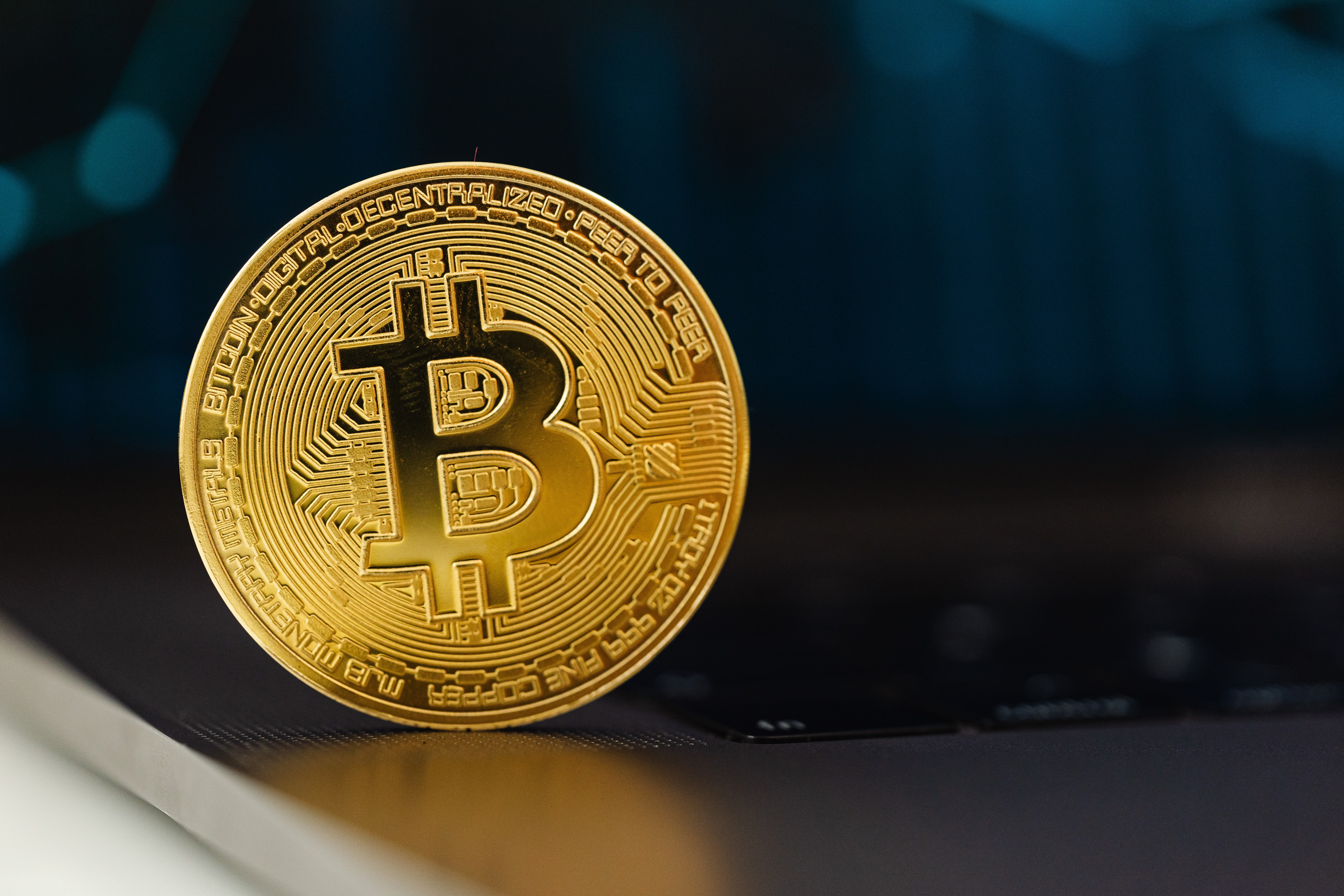The AML and
KYC requirements for cryptocurrency exchanges in the US are becoming more strict. The US appears to be leading in the crypto
KYC/AML stakes, with FinCEN (charged with protecting the US monetary system for illicit use and combat
money laundering and promote national security) requiring
cryptocurrency exchanges to carry out
KYC and maintain effective AML compliance programs.
The increasing demand for crypto assets has led to a rise in the number of scams and fraudulent activities in the industry. As such,
KYC and AML measures are necessary for exchanges as it ensures that users have a safe trading experience and protect the exchange from
money laundering, terrorist financing and other crimes.
The AML Challenges of Crypto Exchanges
Given the anonymous nature of cryptocurrencies, AML regulations for
cryptocurrency exchanges are a challenge to implement. Exchanges need to find a way to collect and track data on their users in order to comply with AML laws. This can be difficult as many users prefer to remain anonymous when trading crypto assets.
Another challenge is that the rules around AML and
KYC are not clear to
cryptocurrency exchanges. AML requirements for crypto exchanges vary from country to country, which creates a difficulty in complying with AML regulations as the whole process is confusing to many users.
In order for AML measures to be effective, there needs to be an international framework that regulates cryptocurrencies across all countries. There also needs to be a way for exchanges to share data with each other in order to identify criminal activity. This would make it easier for exchanges to comply with AML laws and protect their users from scams and fraudulent activities.
Crypto AML and KYC requirements in the US
In the US, cryptocurrency exchanges must comply with AML and KYC requirements otherwise they will be shut down. The AML and KYC standards for crypto exchanges in the US are becoming more strict as regulators increase their AML measures to combat money laundering and terrorist financing.
FinCEN (charged with protecting the US monetary system for illicit use and combating money laundering and promoting national security) requires all crypto exchanges to carry out KYC checks on their users. They also require exchanges to have an effective AML compliance program in place in order to protect the US financial system from illicit activities.
The increasing demand for cryptocurrencies has led to a rise in the number of scams and fraudulent activities in the industry. AML and KYC measures are necessary for exchanges as it ensures that users have a safe trading experience and protect the exchange from money laundering, terrorist financing and other crimes.
Crypto AML/KYC Regulations in Other Countries
Requiring AML compliance measures is not exclusive to US-based
cryptocurrency exchanges. Nations around the world are starting to understand that AML and
KYC requirements for crypto exchanges will help protect investors, prevent
money laundering, tax evasion and other crimes in the industry.
In Europe, crypto AML regulations vary from country to country as there is no specific legislation that regulates cryptocurrencies. This can be a challenge for exchanges as they need to comply with different AML laws in each country.
In Japan, there were amendments made to their Payment Services Act in April 2017, which now requires all
cryptocurrency exchanges to register with the Financial Services Agency (FSA) and implement
KYC/AML measures.
The Korea Blockchain Industry Promotion Association also announced its plans for AML requirements in October 2017. The association plans to require all crypto exchanges in South Korea to have AML programs by the end of 2018.
Australia has also jumped on the AML bandwagon, with new regulations being put in place by the Australian Transaction Reports and Analysis Centre (AUSTRAC) in April 2018. These new regulations require
cryptocurrency exchanges to register with AUSTRAC, implement
KYC/AML procedures and report any suspicious transactions.
While there are still some exchanges that do not enforce AML measures, it is becoming increasingly common for exchanges to require
KYC and AML procedures from their users. As the industry matures, it is likely that even more stringent AML requirements will be put in place. This will help protect investors and create a safer environment for trading cryptocurrencies.


